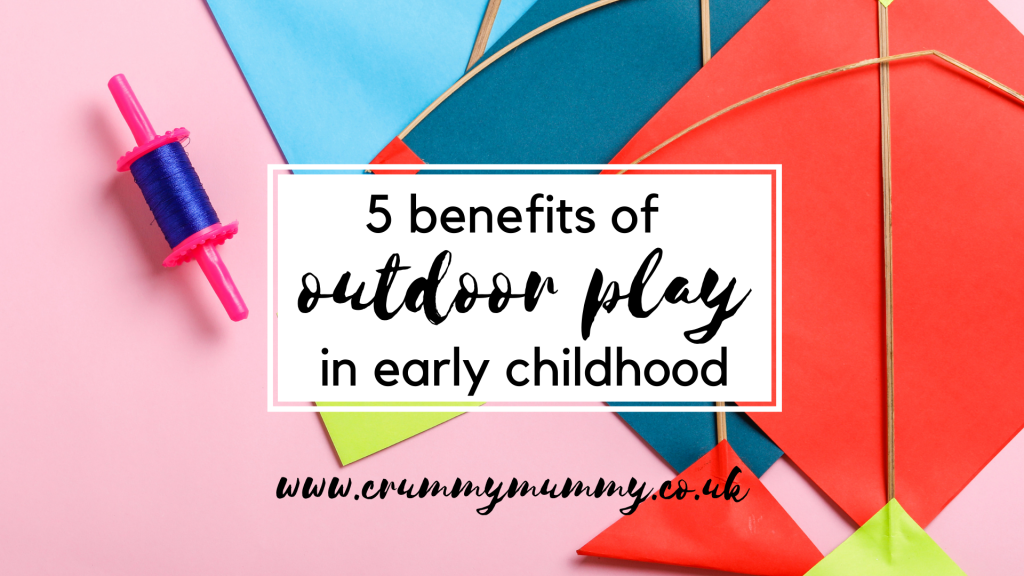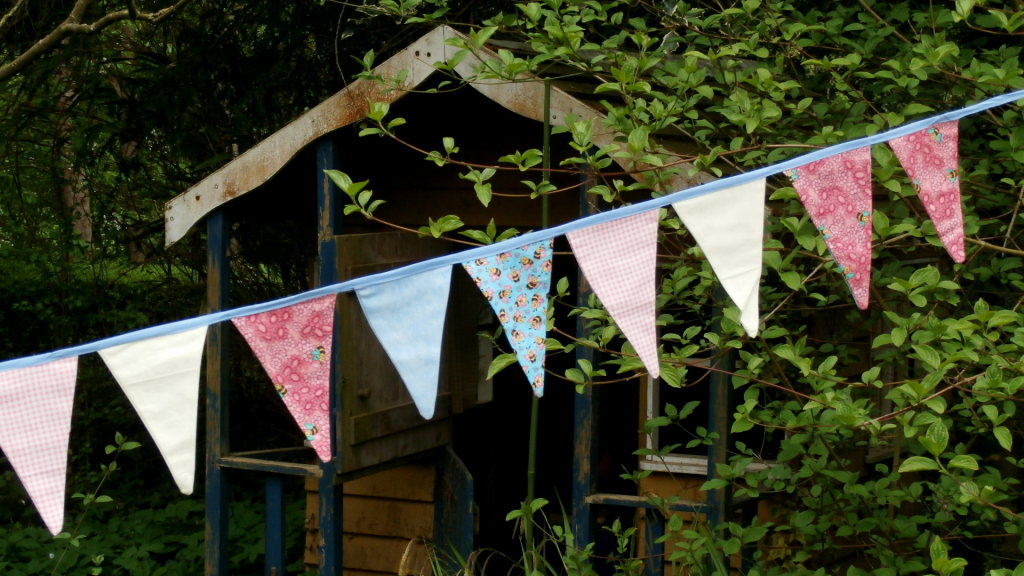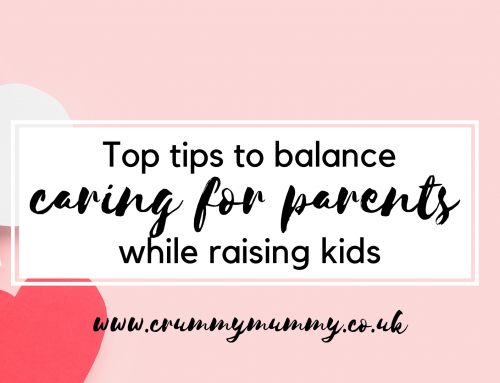Did you know that 97% of teachers say outdoor play is critical to help children to reach their full potential?
And that playing outdoors enables children to naturally develop self-confidence, independence and self-esteem, at their own pace?

Outdoor play paves the way for magic, wonder, and memories. If you’re reading this because you’d like to know more about the benefits of outdoor play in early childhood, this collaborative post reveals all!
This post may contain affiliate links. This means if you buy something after clicking on a link, I’ll earn a few pennies to help me keep creating posts like this, at no extra cost to you!
5 benefits of outdoor play in early childhood
1. Outdoor play has timeless appeal
In the era of screens and digital interactivity, the tactile charm and raw beauty of the outdoors has a nostalgic allure that remains unbeaten. The soft grass beneath little feet, the melodious hum of nature, and the kaleidoscope of colours at sunset serve as a backdrop no digital realm can mimic. As well as a respite from screens, outdoor adventures are milestones in their own right.
The cornerstone of this experience hinges on the perfect selection of outdoor toys. These toys are catalysts that spark creativity, fuel physical activity, and set the stage for unscripted memories.

2. Dreams take root in playhouses
Behind the inquisitive gaze of every child lies all sorts of tales and dreams. What better canvas for these stories than playhouses? More than mere structures, playhouses fire the imagination and bring dreams to life. For example, today’s medieval castle might become tomorrow’s interstellar exploration hub. Playhouses also teach life lessons in a subtle way: they introduce concepts such as personal space, ownership, and even the rudiments of housekeeping!

3. Outdoor play is an open-ended syllabus
Lessons in nature include:
- Physical acumen: Activities like tree climbing or playing catch accelerate physical development and hand-eye coordination.
- Mental gymnastics: Outdoor puzzles, like predicting rain from cloud patterns or even discerning insect behaviour, sharpen cognitive abilities.
- Emotional evolution: Managing group dynamics in team games or facing the fear of the unknown in a forest trail shapes emotional agility.

4. They can play through the seasons
The playground isn’t bound by the calendar. Each season, with its distinct charm, crafts a unique playground story. While autumn offers a carpet of crisp leaves for imaginative games, winter invites igloo-building sessions. Spring infuses the air with floral scents, hinting at nature hunts, and the sun-soaked days of summer scream water balloon battles!

5. Outdoor play teaches environmental awareness
Incorporating lessons about our environment into play can be a game-changer. Teach kids about composting by setting up a mini compost bin. Create bird feeders and watch as the little ones learn about various bird species. Through gardening, they not only learn about plants but also the virtues of patience and nurture.

Remember to stay safe!
While outdoor escapades bring joy, they demand vigilance. It’s pivotal to ensure toys are age-appropriate and that play areas are free from potential hazards. Setting boundaries and rules might seem rigid, but they’re the invisible shields keeping our little adventurers safe.
This is a collaborative post.

























Leave A Comment